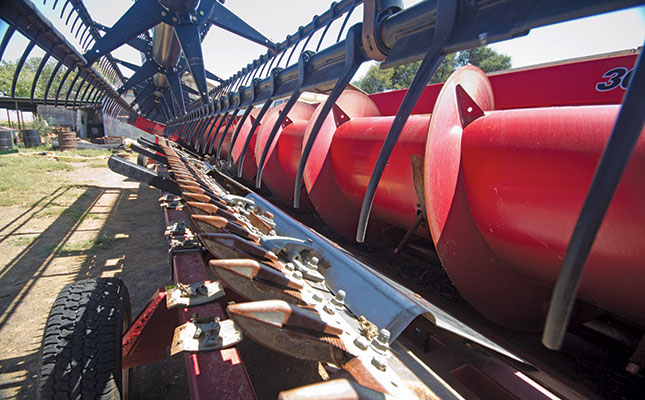Over 60% of the chickens had been cannibalised and 10 carcasses were found in the broiler house. Due to the severity of the injuries to the chickens and the extent of the cannibalism, the National Council of Societies for the Prevention of Cruelty to Animals (NSPCA) had to slaughter almost 500 chickens on site and the remainder of the chickens were taken to the local abattoir to be slaughtered.
The Siyaphambili farm in Piet Retief is part of an upliftment project of the Mpumalanga agricultural department that provided nine beneficiaries with chicks and feed for the chickens until six weeks when they are ready for slaughter. The chickens were initially sold to a local hospital but when the contract was not renewed the farmers had no alternative market and no feed for the chickens which were past their slaughter date.
Kevin Lovell, CEO of the SA Poultry Association (SAPA), said that this is not the first time that SAPA had heard of problems with ongoing state support of poultry projects. “Unless the flock is quite large it is hard for the beneficiaries to make enough money to keep the business running.
“Poverty alleviation is a good social goal, but will most likely always require state intervention. To expect the state to find markets for small producers seems like a laudable aim but in reality civil servants are not hired for their marketing and sales skills but rather for their technical skills.” Nazareth Appalsamy, a farm inspector at the NSPCA, said that the majority of government broiler projects experience feed supply problems.
“The feed shortages are usually not on this scale where chickens resort to cannibalism, but the majority of emerging farmers experience high chicken mortality because they have not been trained properly to care for the birds.” According to him the farmers are reluctant to contact the government if there is a problem because they fear that the farm will be taken away. The situation then deteriorates.”
In the meantime the NSPCA has laid criminal charges against the government and the farmers for animal cruelty. “The government was aware of the conditions under which the chickens were living and that makes them responsible,” said Appalsamy.












